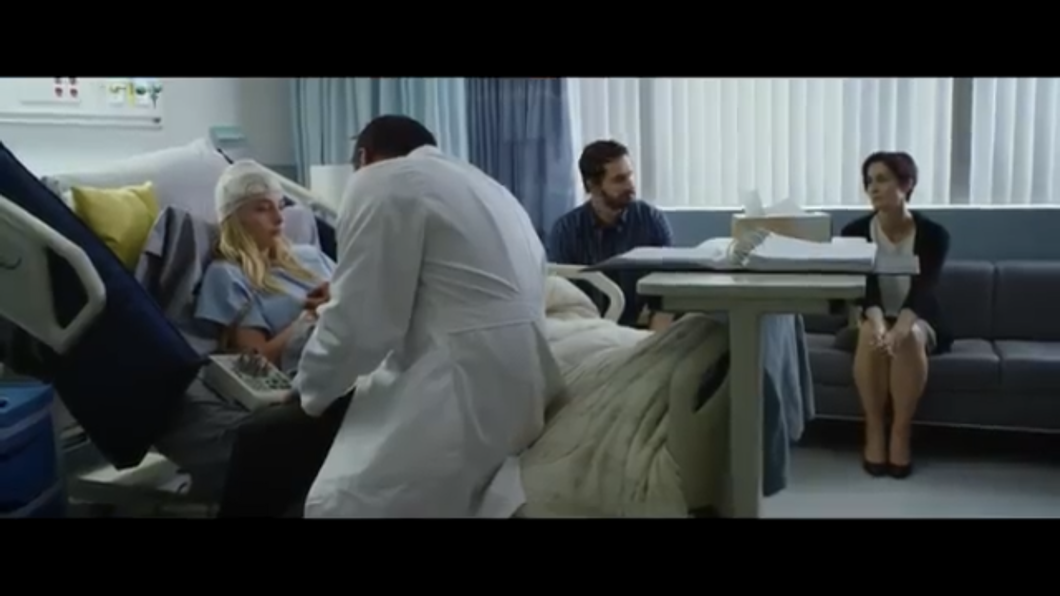"Brain on Fire" is a true story about Susannah Cahalan's rare disease that ends her up in a hospital for over a month. Before hospitalized Susannah showed signs of depression, anxiety, and was hearing voices and have seizures. She was working at the New York Post as a journalist right out of college.
The stress of a new college graduate working under a boss who is not appreciative can stir any pot of mental illness onset. After one of her multiple seizures, she moved in with her parents and they take her to get an MRI done. The doctor tells her parents in negligence that Susannah has been partying too much and that she is still in the “party stage" from college. The doctors claim they “see this all the time."
Susannah after surfing the internet claims to one of her doctors that she has a bipolar disorder based on her symptoms. She continues to back up this claim by telling the doctor that she is creative and that a lot of creative people are bipolar.
A different doctor prescribes her antipsychotics but after reading the awful side effects Susannah refuses to even take them. Her parents get very frustrated with the fact that she does not want to help herself.
When one is in their 20's they are more subjective to exhibiting signs of schizophrenia if they are genetically predisposed. But this movie isn't about schizophrenia even though Susannah was showing many symptoms of it including fully catatonic. For those who do not know what catatonic means, it is when one holds certain positions for long periods of time similar to the look of a statue.
Although she showed these signs her parents were not taking this premature diagnosis. This story is one of love, compassion, and science. How one doctor saved not only one life but hundreds more by simply asking WHY.
I highly suggest you go watch this movie. It brings light to the assumptions made about mental health. It helps us realize that the mind affects the body alike. Depression, anxiety, bipolar, alcohol abuse, and schizophrenia are all labels that doctors give patients to help them better understand the patient. Time and time again there are instances of misdiagnosis that lead to the wrong prescribed medications. From this movie, we can take away that one should always ask questions. You should know what your diagnosis means, your genetics, the medication reactions, and the treatment plan goals. I hope this movie will open your eyes to the stigma of mental health.


















